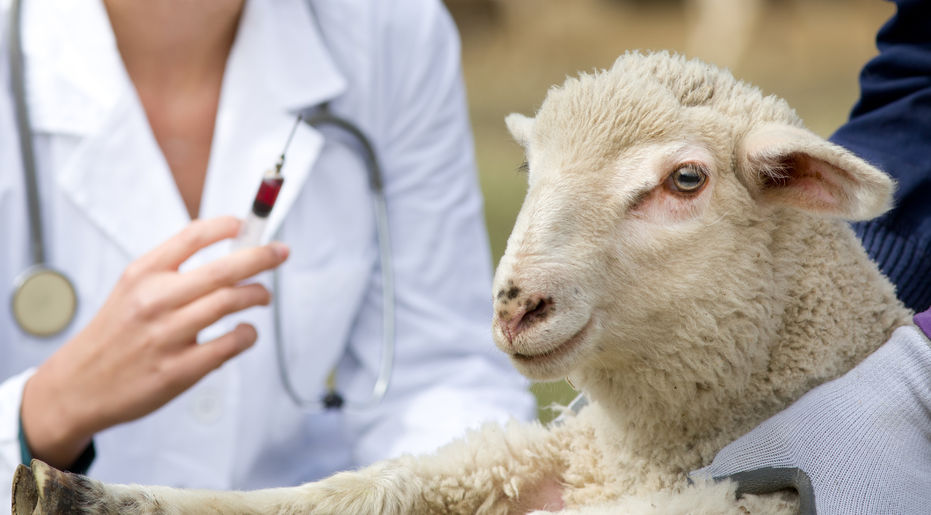Antibiotic use in healthy farm animals needs to stop, says WHO

The World Health Organisation has urged farmers to stop using antibiotics to promote growth and prevent disease in healthy animals because of the serious risks to human health that result.
On Tuesday (7 November), the organisation said it wants to ban such antibiotics which fuel growth and prevent disease in livestock. The practice is currently banned in the EU since 2006, but is widespread in the US and Asia.
The guidelines also urge farmers to wait until animals are medically diagnosed with a problem before administering antibiotics and, whenever possible, to select medications that are not important for human health.
Using antimicrobial medicines on livestock is one of the leading causes of the rise of superbugs, resistant to all but the strongest antibiotics, according to the WHO.
Describing a lack of effective antibiotics for humans as “a security threat” on a par with “a sudden and deadly disease outbreak”, WHO Director-General Tedros Adhanom Ghebreyesus said “strong and sustained action across all sectors” was vital to turn back the tide of resistance and “keep the world safe”.
The WHO “strongly recommends an overall reduction in the use of all classes of medically important antibiotics in food-producing animals, including complete restriction of these antibiotics for growth promotion and disease prevention without diagnosis,” the United Nations agency said in a statement.
The WHO said alternatives to using antibiotics for disease prevention in animals include improving hygiene and farming practices, and making better use of vaccines.
Asian rise
In some countries, around 80 per cent of total consumption of medically important antibiotics is in the animal sector
According to the Scientific American, the US has moved toward reducing antibiotic use in agriculture, but China and other Asian countries have started using more.
In the United States, major meat processor Tyson Foods Inc has stopped using antibiotics to produce its retail line of chicken. Perdue Farms, a competitor, said it eliminated the routine use of antibiotics in chicken last year.
But the WHO says evidence has accumulated indicating decisions in developing countries, such as China, are driving antibiotic resistance and putting humans at risk.
The WHO's recommendations to lower antibiotic usage is likely to be unpopular with farmers in developing countries, who could risk financial loss. The WHO has no power to force government's to adapt the recommendations.
In the UK, sales of antibiotics to treat and prevent disease in UK farm livestock have achieved a record low following a 27% reduction over the past two years.
Sector-specific targets have now been developed looking at how each sector can reduce their usage of antibiotics.
While the targets each sector has set vary according to the availability of data and scope in their sector, the targets as a whole have been described as ‘positive and proactive’.








